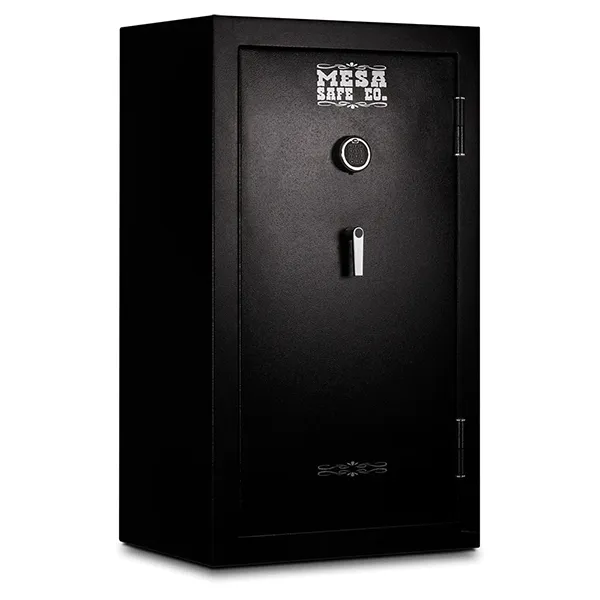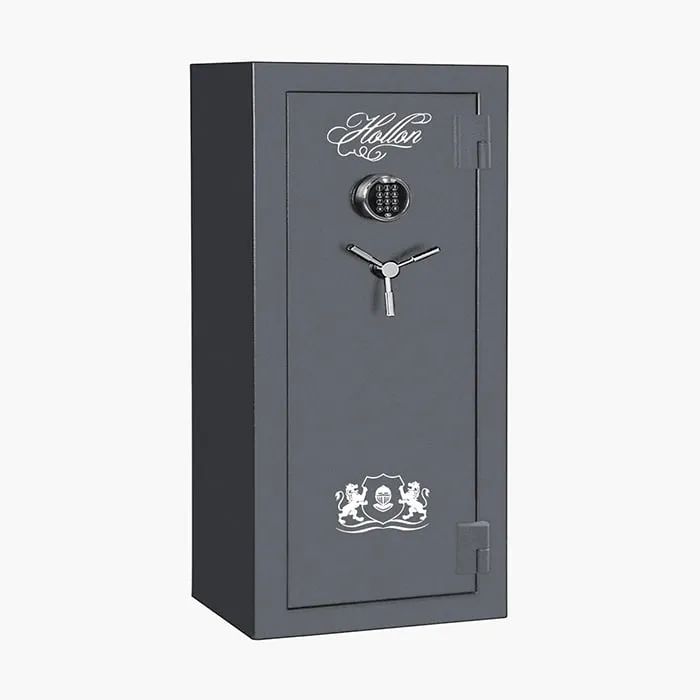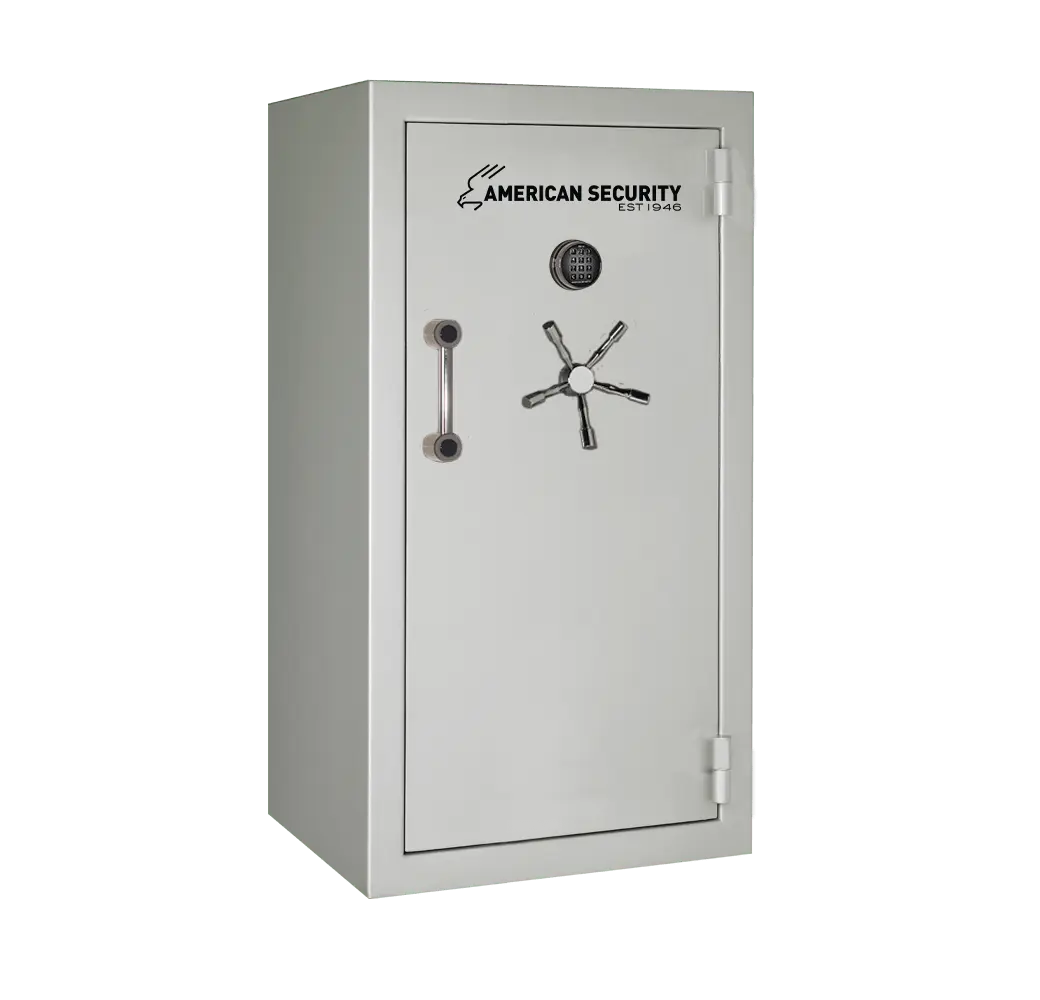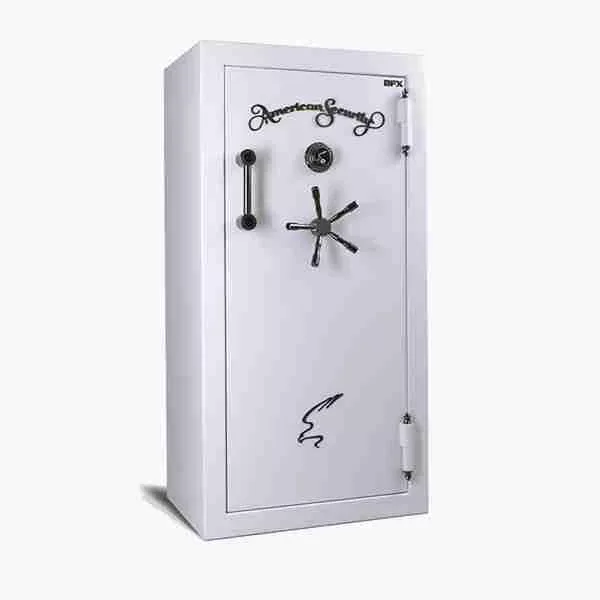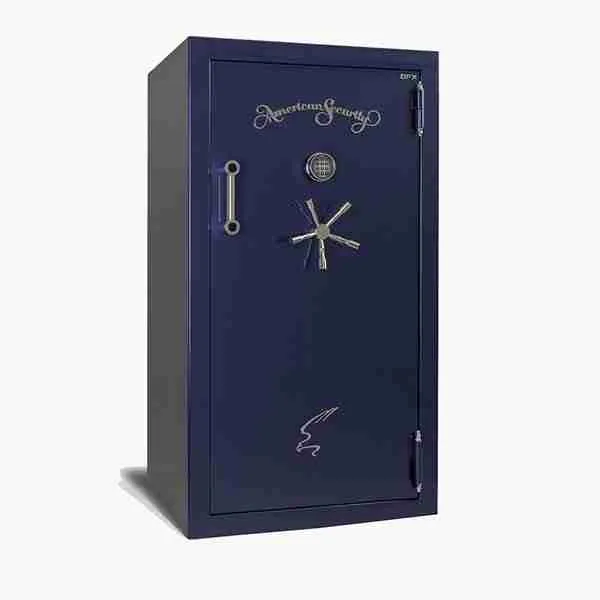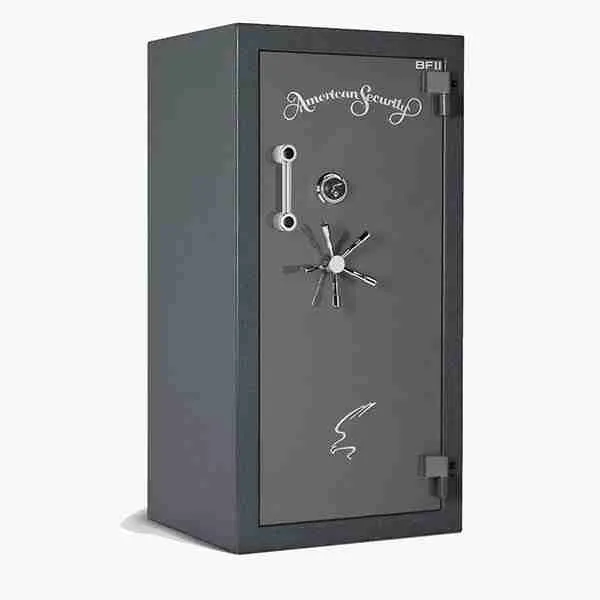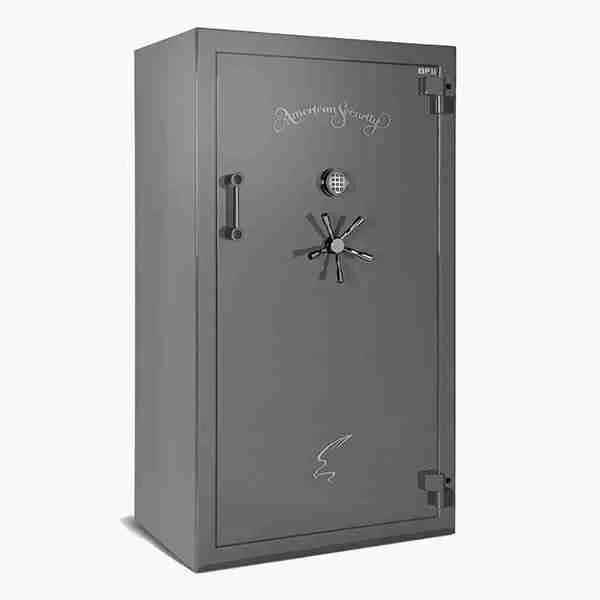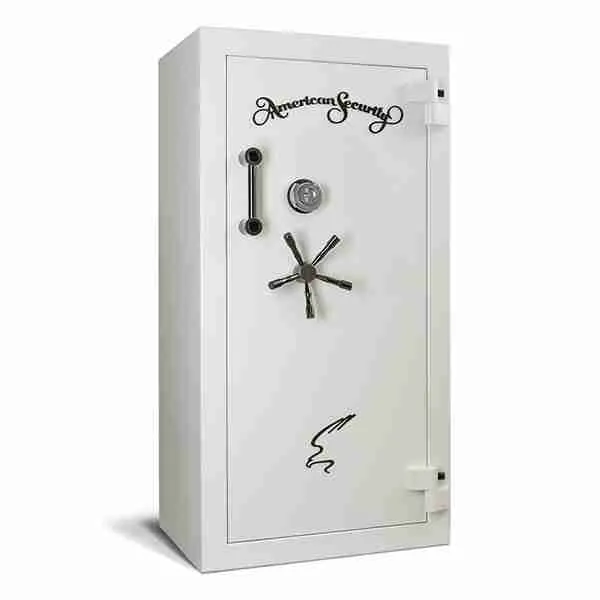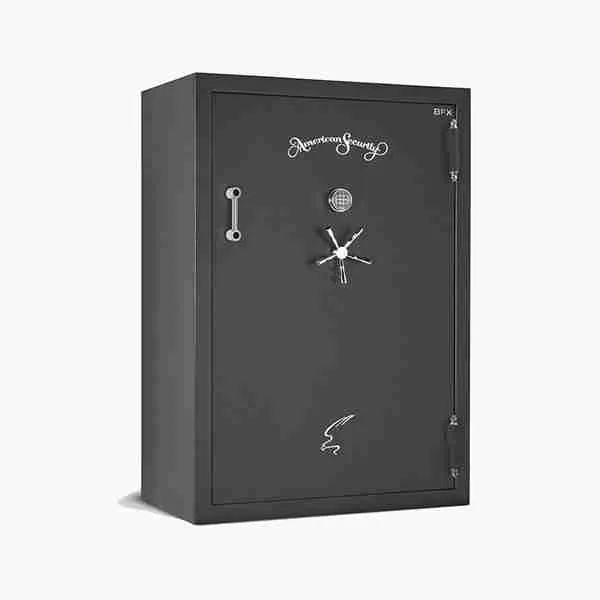Comprehensive Gun Safety and Regulation in District of Columbia
District of Columbia’s gun control laws play a crucial role in maintaining public safety and regulating firearms within the jurisdiction. In this comprehensive guide, we will delve into the key aspects of gun control laws in the District of Columbia, providing you with a clear understanding of the regulations and requirements that govern firearm ownership and possession.
History of Gun Control in the District of Columbia
The District of Columbia has implemented strict gun control measures to ensure the safety of its residents. In 1976, the city enacted a ban on handguns, which was later challenged and ultimately overturned by the Supreme Court in 2008. The landmark case of District of Columbia v. Heller affirmed an individual’s right to possess firearms for self-defense within their homes. However, the ruling also emphasized that the Second Amendment does not protect an individual’s right to carry firearms in public.
Firearm Laws and Restrictions
To own a firearm in the District of Columbia, individuals must go through a rigorous registration process. The Metropolitan Police Department (MPD) oversees this process, which involves completing an application, submitting fingerprints, and providing proof of residency. Additionally, applicants are required to complete a safety training course and pass a background check. The registration process ensures that firearms are traceable and allows law enforcement to keep track of gun ownership within the district.
The District of Columbia imposes restrictions on certain firearm types and ammunition. Assault weapons, high-capacity magazines, and bump stocks are prohibited. Furthermore, it is illegal to possess ammunition that is designed to pierce body armor. These restrictions aim to prevent the misuse of firearms and reduce the potential for mass shootings and violent crime.
Obtaining a concealed carry permit in the District of Columbia is challenging. The city follows a “may issue” policy, meaning that authorities have discretionary power to grant or deny permits. Applicants must demonstrate a specific need for self-defense, such as having a documented threat to their personal safety. The criteria for obtaining a concealed carry permit are stringent, and the MPD conducts thorough background checks and reviews the applicant’s criminal record, mental health history, and training qualifications.
In the District of Columbia, there are several locations where firearms are prohibited. These include government buildings, schools, universities, public transportation facilities, and certain private property where the owner has prohibited firearms. It is crucial for gun owners to familiarize themselves with these restricted areas to avoid potential legal consequences.
Understanding the gun control laws in the District of Columbia is essential for residents and visitors. Compliance with these regulations promotes public safety and responsible firearm ownership. By adhering to the registration and licensing requirements, restrictions on firearm types and locations, and the concealed carry laws, individuals can navigate the complexities of gun ownership while respecting the legal framework in place.
Comprehensive education programs provide the knowledge and skills needed to handle firearms responsibly, ensuring that they are never used inappropriately or fall into the wrong hands. By investing in proper education on gun safety and a reliable gun safe, you can mitigate the risks associated with firearms and promote responsible ownership. Remember, responsible gun ownership starts with education, and by prioritizing gun safety, we can contribute to a safer and more secure community for all.
The District of Columbia has stringent gun safety and regulation measures in place to ensure the well-being of its residents. Adhering to these regulations not only keeps you on the right side of the law but also ensures the safety of your loved ones. For those in need of a reliable storage solution, our Gun Safes for Sale offers a range of options tailored to meet the District’s standards.
Learn more about District of Columbia‘s Gun Laws.
